
For the last several days, French forces have used military force to support the government of Mali in its battle against the Islamic insurgents who have captured nearly half of the country. This conflict is just the latest in a string of French interventions in its former African colonies. In 2002, French troops intervened in a civil war in Cote D’Ivoire, targeting both government and rebel troops. In 2011, it intervened in Cote D’Ivoire again, this time to help remove incumbent president Laurent Gbagbo from power after he refused to accept electoral defeat.
In fact, France has shown a much greater willingness to intervene in its former, post-independence African colonies than other colonial powers like Great Britain French forces intervened to stop a coup d’etat in Gabon in 1964 and provided substantial support to the government in Chad throughout the 1960s and 1970s. In general, French intervention was used to shore up governments in its former colonies it viewed as pro-France.
French willingness to intervene may have had effects beyond the actual cases of intervention as well. Quantitative studies of civil war have found that former French colonies in Africa have been less likely to experience civil wars than comparable countries exhibiting similar factors predicting civil war. In his book War, Guns, and Votes, Paul Collier attributes this lower occurrence of civil war to France’s “over the horizon guarantees” to protect the governments of these former colonies.
These guarantees could explain the low occurrence of civil war in former French colonies, because they affect potential rebels’ expectations of the likelihood of achieving success through civil war. In general, rebels initiate civil wars because they hope to achieve some goal, either directly through military action or by forcing the government to make concessions. Potential rebels in former French colonies anticipated French military intervention in response to violent rebellion, and therefore would expect to be less likely to achieve their goals through civil war.
In the case of Mali, it would be interesting to know whether and how the potential for French intervention affected the rebels’ decisions. Did the rebels expect France to intervene? Do they think they will be able to continue to control large parts of Mali after the intervention? Or, do they have goals that might actually be facilitated through intervention? These are not questions easy to answer, but they could help us understand the rebels’ motivation and the potential course that the conflict will take.

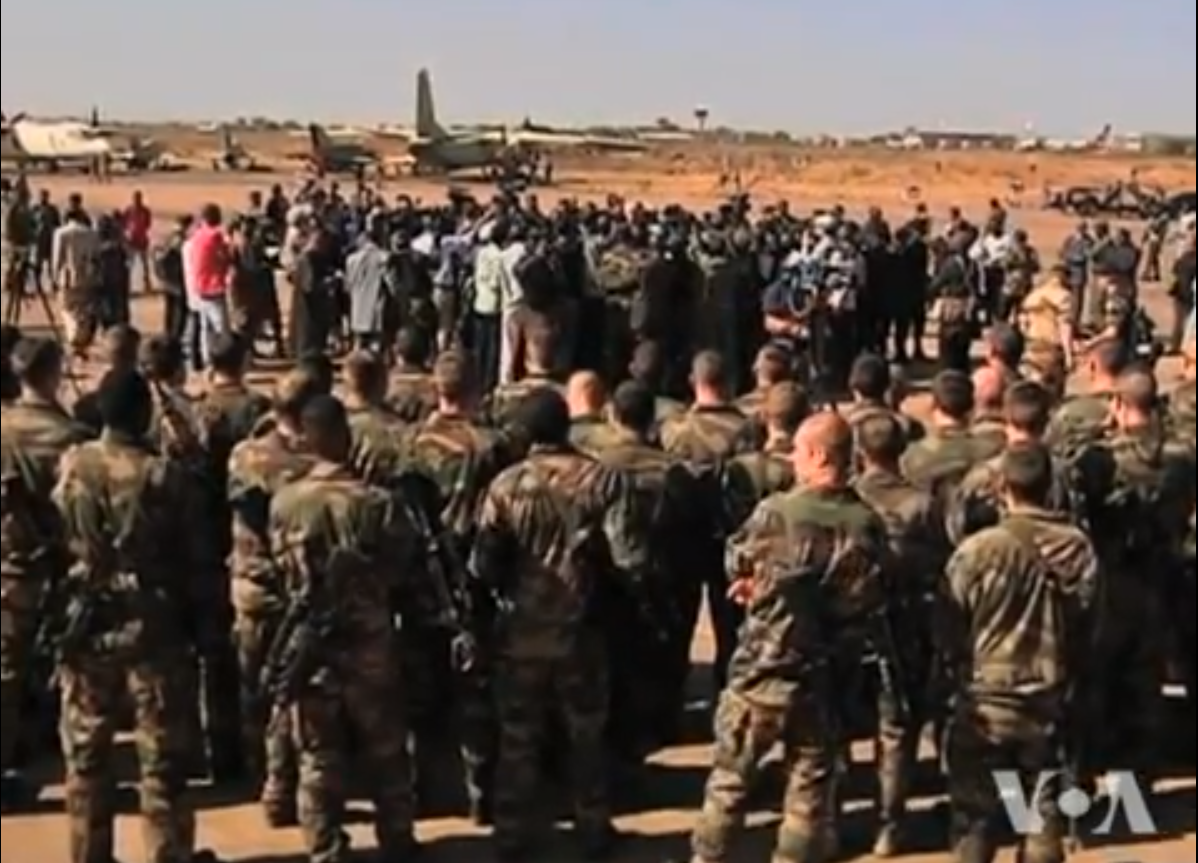
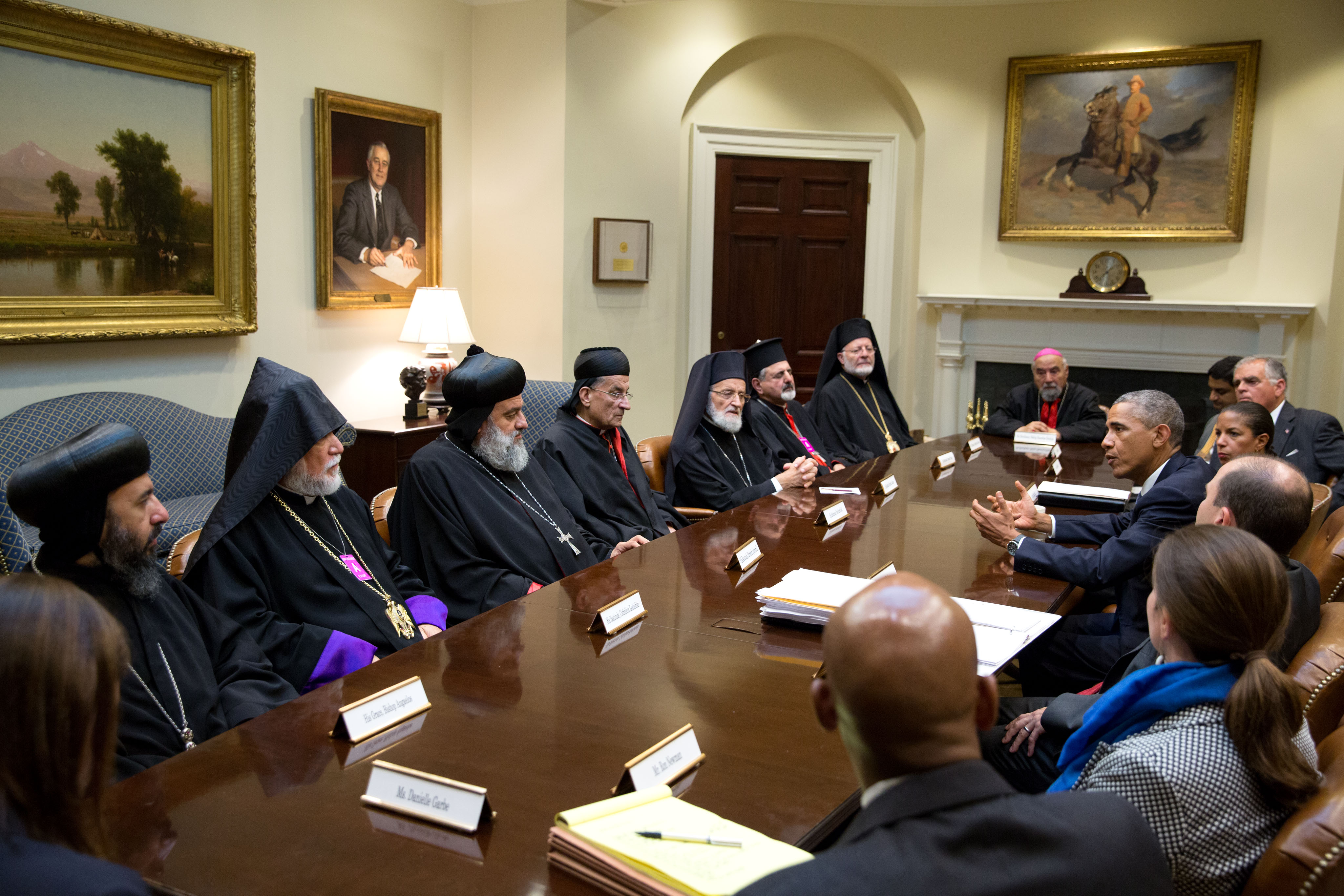
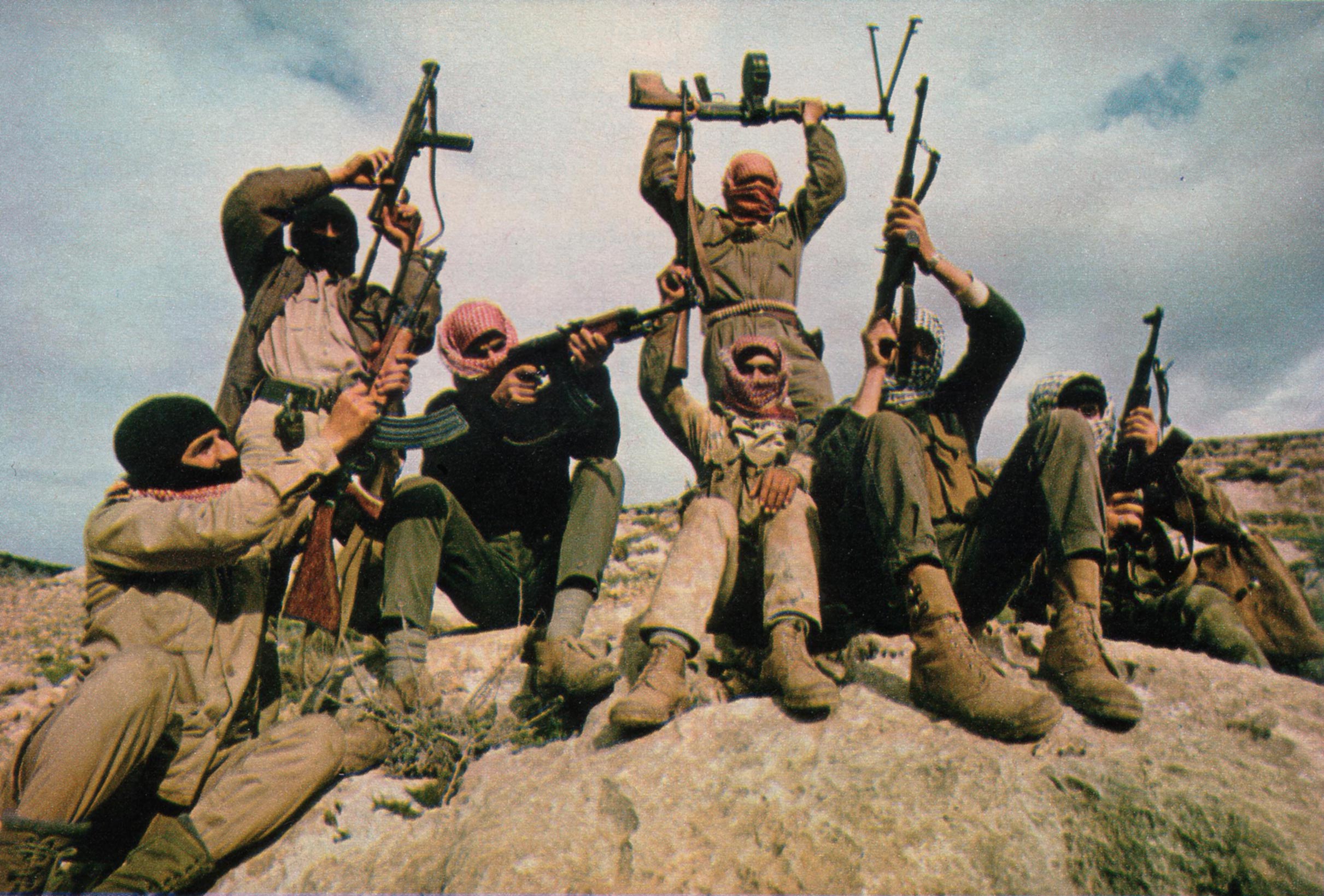
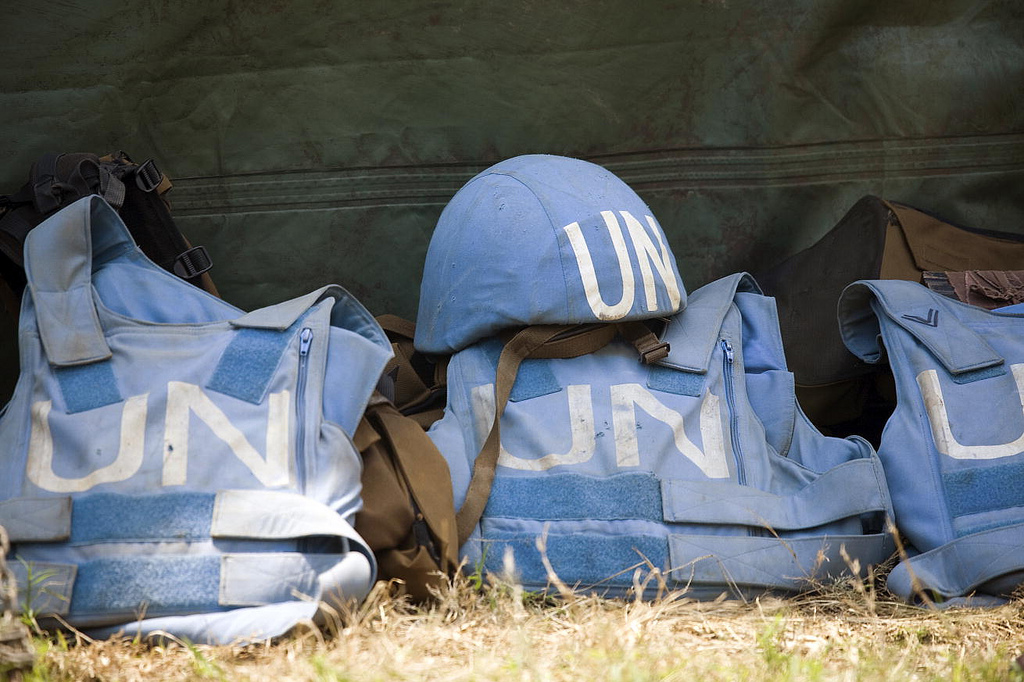
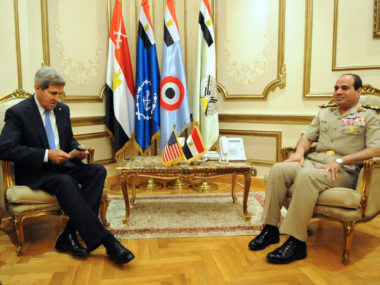
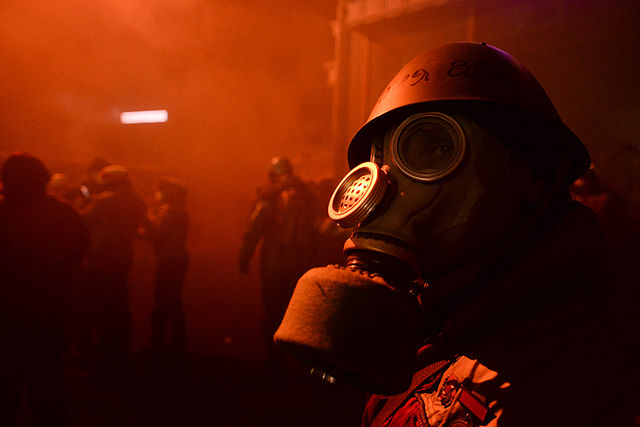
0 comments
I wrote an article about French invasion too. Have a look! http://beinquisitive.wordpress.com/2013/01/15/the-first-terrorists-are-you/